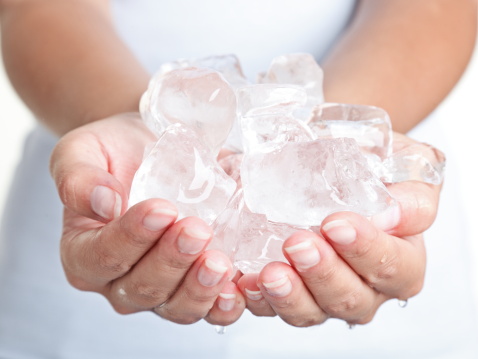Heat-related illnesses are some of the most common ailments in the summer and sometimes into the fall. But experts with UPMC’s Urgent Care say there are some things you can do when the weather is sweltering to stay cool.
To prevent heat-related illnesses, doctors at UPMC Urgent Care recommend limiting strenuous activity between 10 a.m. and 3 p.m. – the hottest portion of the day – drinking plenty of fluids containing water or electrolyte solutions before, during and after exercise, and avoiding soda or energy drinks, which can actually cause dehydration.
In addition, wearing lightweight and light-colored clothing, and taking frequent breaks in shaded or air-conditioned areas, will help cool the body.
“If a person suffers a milder form of a heat-related illness, with symptoms such as headaches, weakness, dizziness or an inability to continue current activity, he or she may just need to rehydrate and take a break,” says Heather Rosen, M.D., medical director at UPMC Urgent Care at North Huntingdon.
Those affected should move to a cool area, preferably one that is air conditioned, remove excess clothing, and hydrate with water or electrolyte solutions.
Dr. Rosen says it is still important to know the warning signs of more serious heat-related conditions. “People should be aware that, if left untreated, heat exhaustion and heat stroke are serious problems, and knowing the difference between the two is important for proper treatment and recovery.”
Heat exhaustion occurs when your body temperature rises between 98.6 degrees F and 104 degrees F. Symptoms may include a racing heart, sweating, nausea, vomiting, headache, fatigue, weakness, dizziness, fainting with quick return to normal mental status, severe thirst or mild confusion. Treatment for heat exhaustion may include moving to a cooler, shaded environment, or preferably into air conditioning. Excess clothing should be removed, and the patient should be given chilled salt containing fluids like Gatorade.
“Patients who do not respond to these measures or who are initially suffering from dehydration or altered mental status should be treated at a hospital emergency department for possible heat stroke, a life-threatening condition that involves a higher core body temperature in excess of 104. degrees F,” says Dr. Rosen.
Heat stroke symptoms also include shallow, rapid breathing, flushing, excessive bleeding from mouth or nose, disorientation, convulsions or seizures, crackles in the lungs, acute kidney or liver injury and tissue damage.
A person with concerns about heat-related illness can visit a UPMC Urgent Care location for further examination any day of the week from 9 a.m. to 9 p.m., without an appointment.









